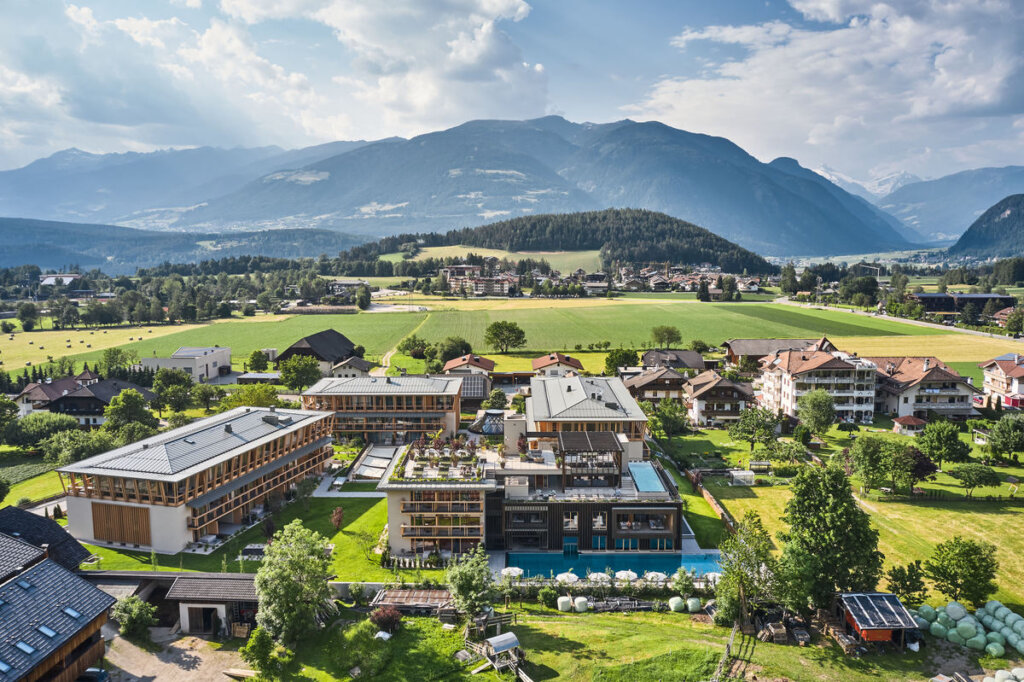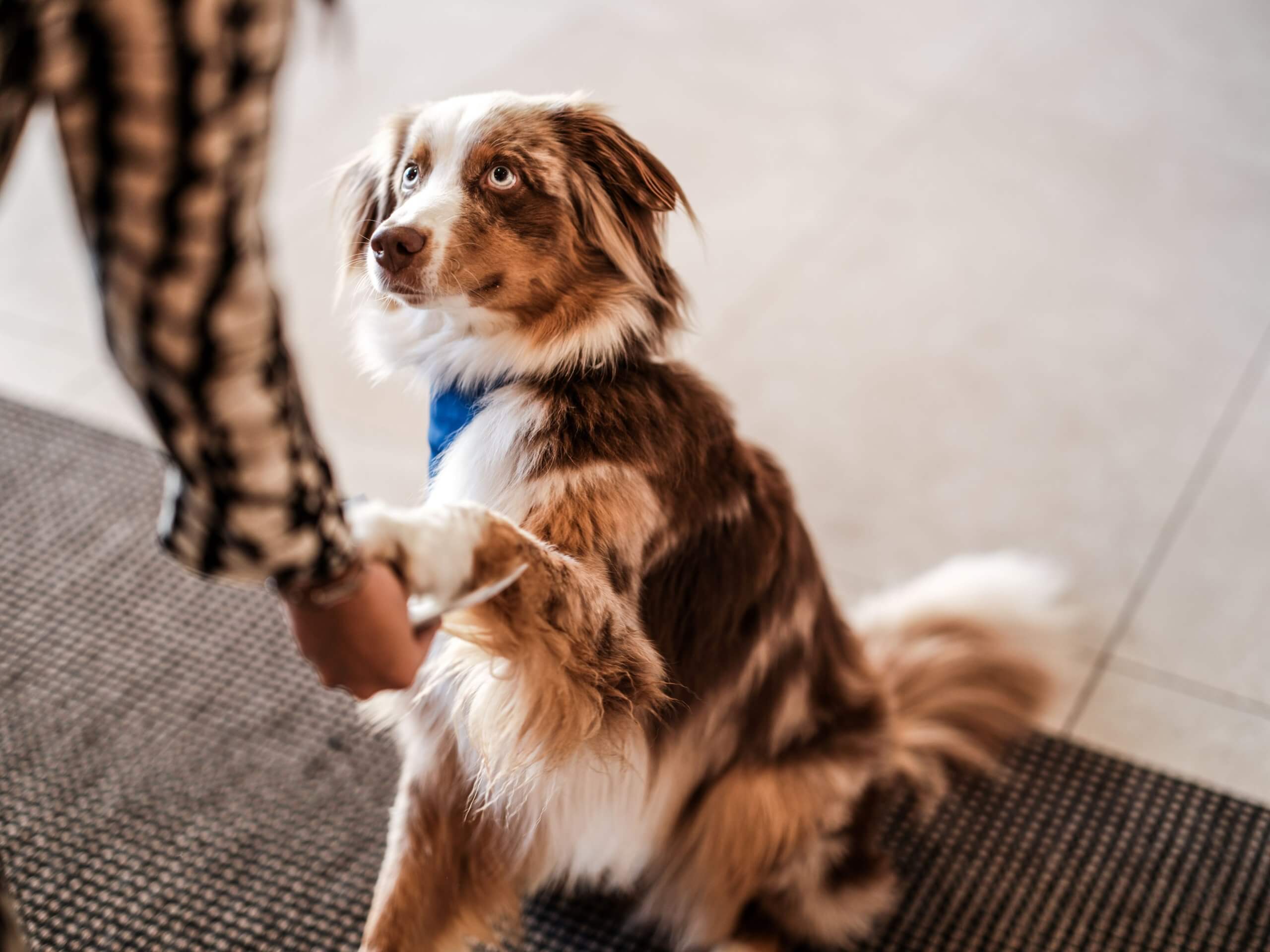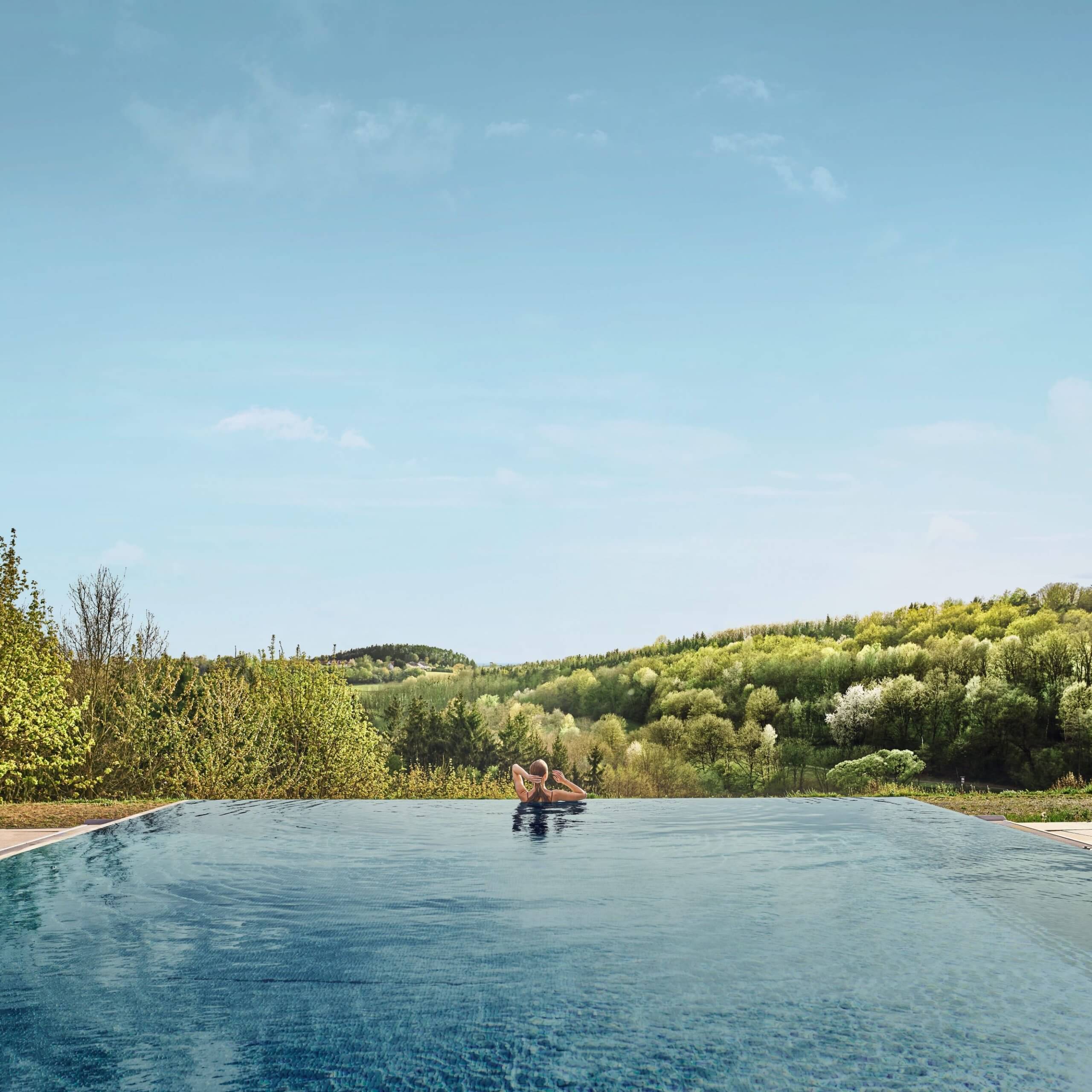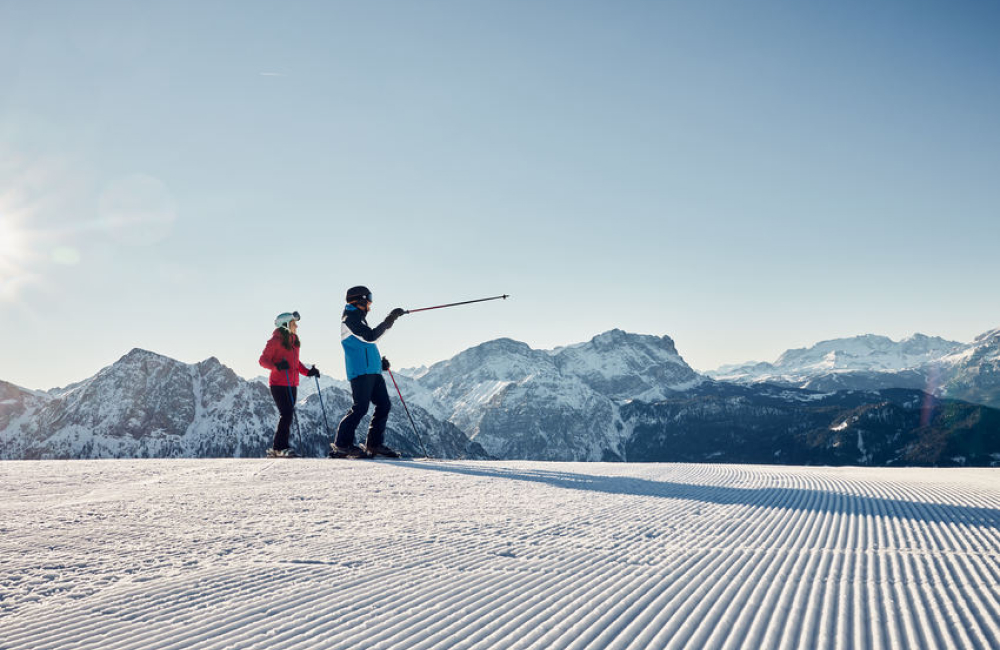If you are planning a holiday in South Tyrol and feel like doing something good for yourself and getting tips for your health, then we can highly recommend a herbal hike. Plants have always been regarded as nature’s remedies and it is incredibly exciting to learn more about their effects and uses. The knowledge you pick up during the herbal walk can be directly applied and used for your personal physical and everyday problems.
“Everything we need to stay healthy has been abundantly given to us by nature”, with this quote Sebastian A. Kneipp is probably right. The world of herbs is vast. Some call them superfoods, others medicinal herbs – the fact is that these useful plants can have a beneficial and indeed healing effect on us. In South Tyrol, you can find many of these original, wild-growing plants, which above all need healthy, untouched soil. Compared to the lowland plants, the alpine herbs are superior in their effect. So if you have the chance to take part in a herb hike, go for it!
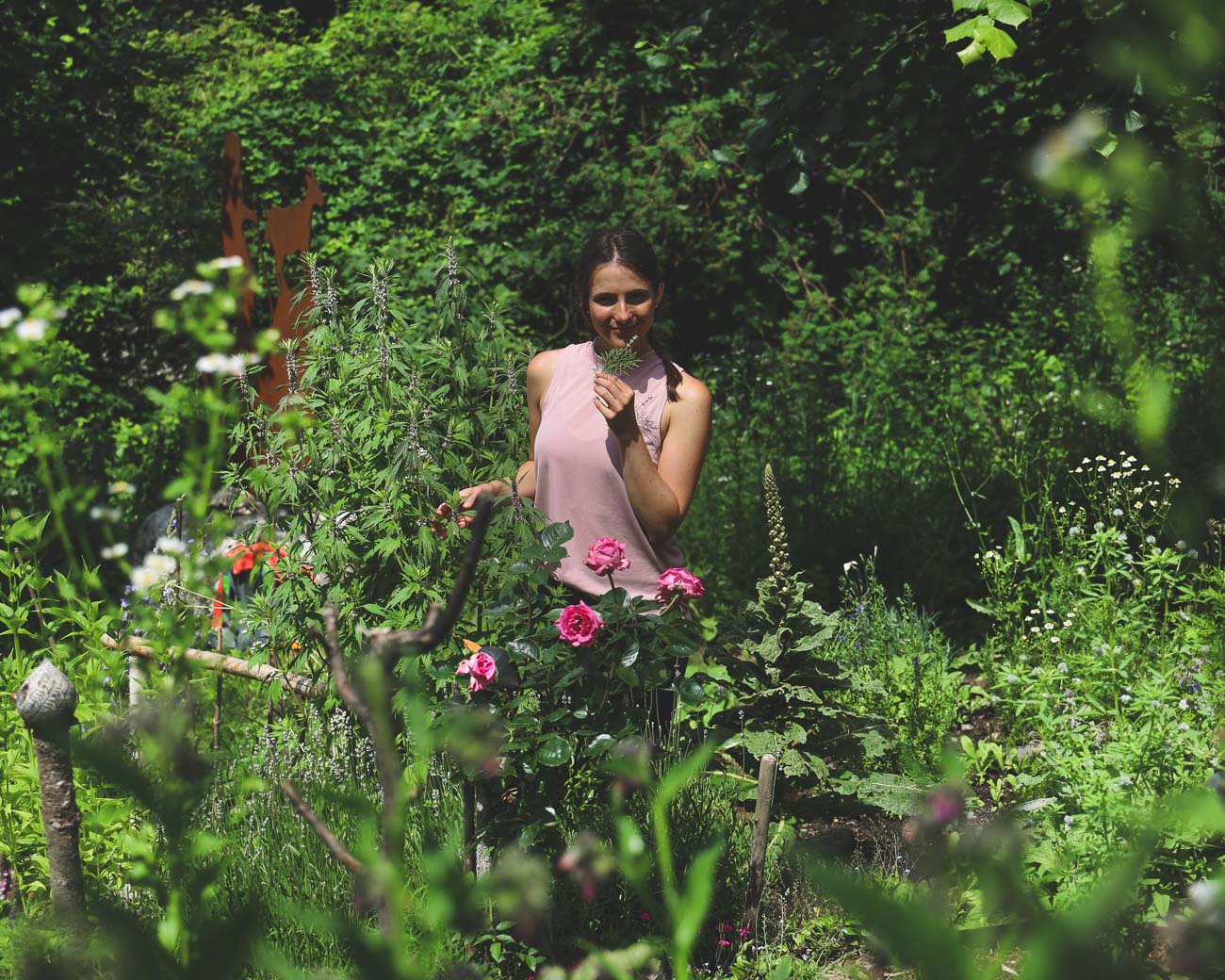
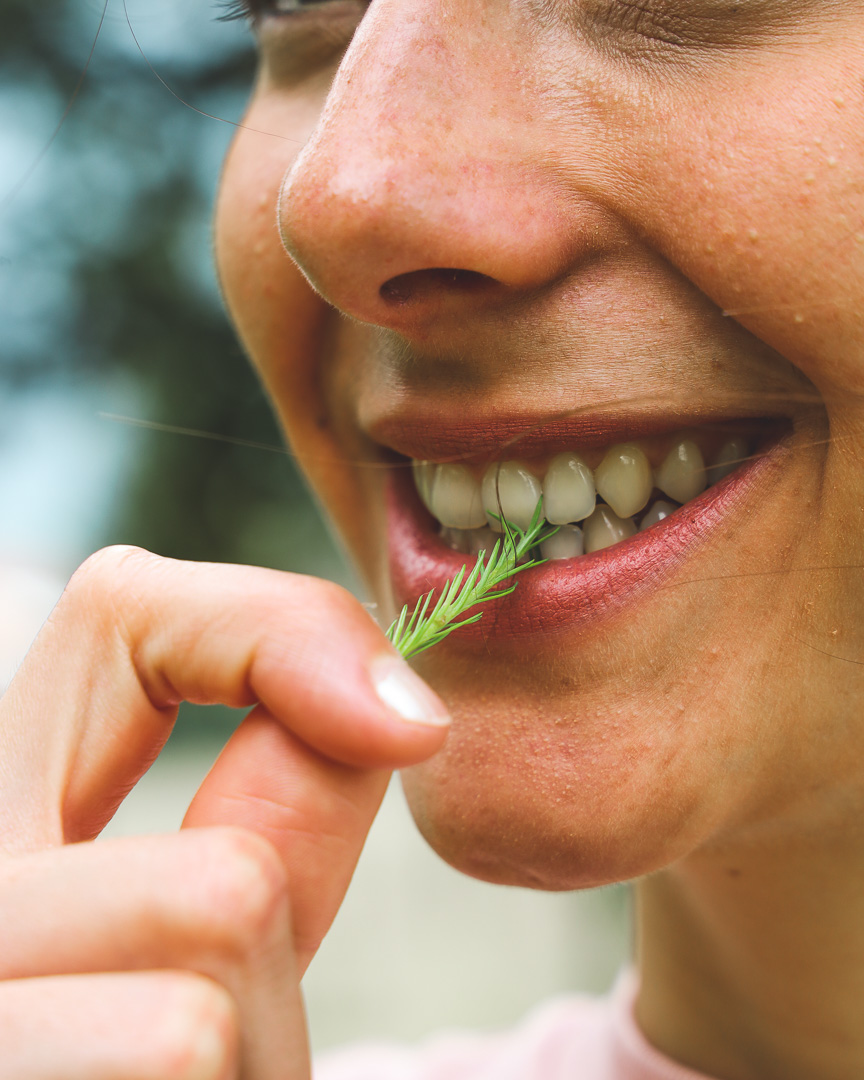
HOW DOES A HERB HIKE WORK?
When we checked in at the Falkensteiner Hotel Kronplatz, we were given the Premium Holiday Pass. In addition to discounts on the mountain railways, you can also take part in the weekly programme offered by the tourism association free of charge. We discovered the herb hike at kronaktiv.com. Despite the unsettled weather forecast, we signed up for the 4.5-hour herb hike.
Hiking guide Antonella welcomed us at 10 am in Gaiß and walked with us along the stream, over meadows and through the forest. Again and again, she stopped, plucked a herb and explained its meaning to us.
At the nettles, we made a longer stop, because Antonella showed us how to touch the nettles without feeling the burning effect. When she told us that it was best to eat the nettle straight away, as it was rich in iron and calcium, we were a little sceptical, but with a few tricks it worked: You can easily consume a nettle without pain. It’s best to try it out for yourself during a guided herb walk.
We were also surprised by the juniper bush. We knew that gin is made from berries. However, we did not know that the berries help with urinary tract infections and stomach complaints when consumed as a cure.
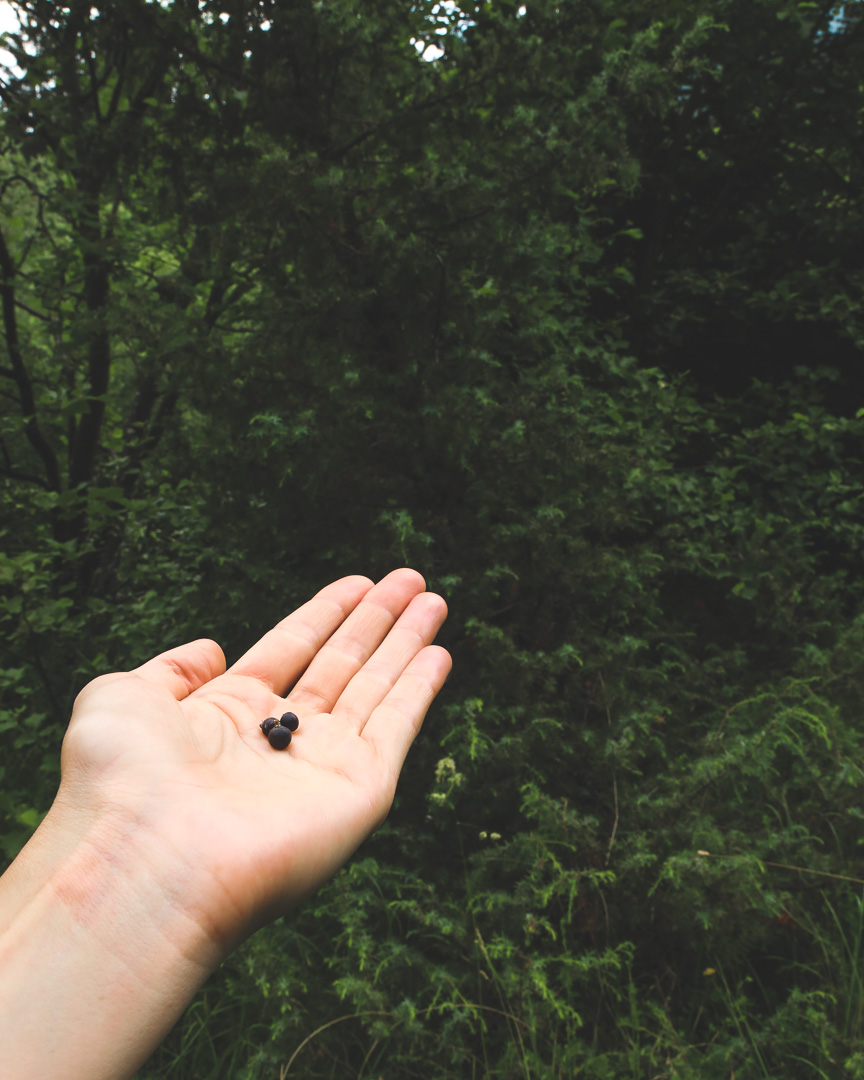
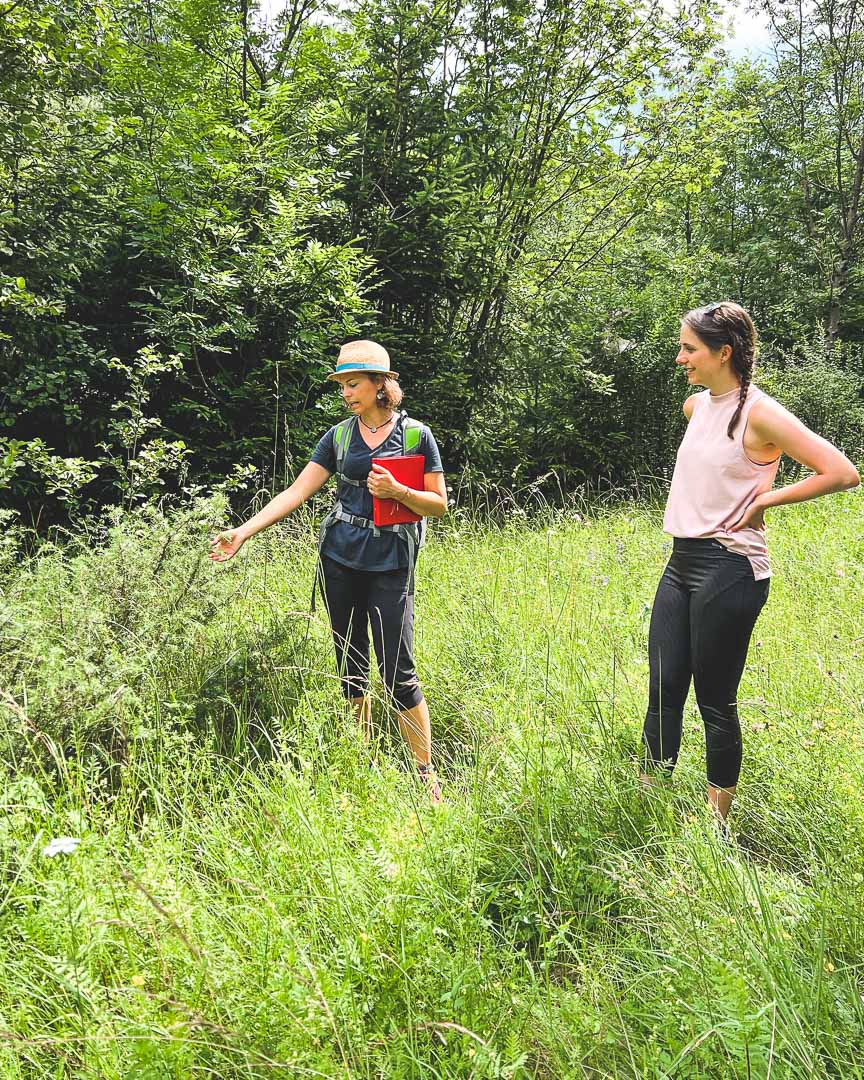
LEARNED SOMETHING NEW AGAIN
It’s really fascinating how many herbs and plants you can use in your medicine cabinet. We have discovered some of them hundreds of times by the wayside without knowing their effect.
Antonella gave us another good tip for everyday life: With the app “Flora Incognita” you can identify various plants and herbs for free. Simply scan the plant with your mobile phone camera and the app spits out the correct name, with an incredibly good hit probability.
At the end of the herb walk, we had a little Kneipp excursion. We dipped our arms one after the other under the cold water. The right arm first, then the left, because that way you can protect the heart from the first shock of cold.
“An arm shower is like an espresso. Afterwards, you are awake and full of energy,” Antonella explains. She herself also uses it often in everyday life, running cold water over her forearms in the sink. You have to remember this trick and try it for yourself – it works!
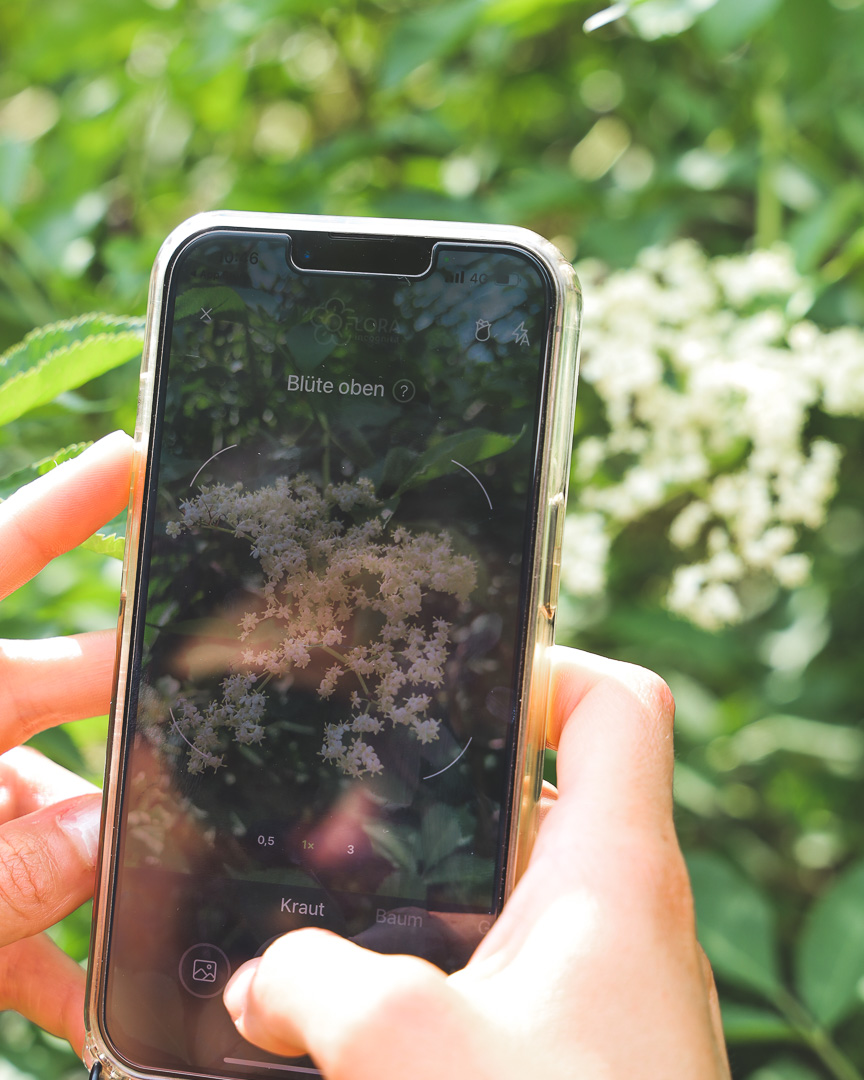
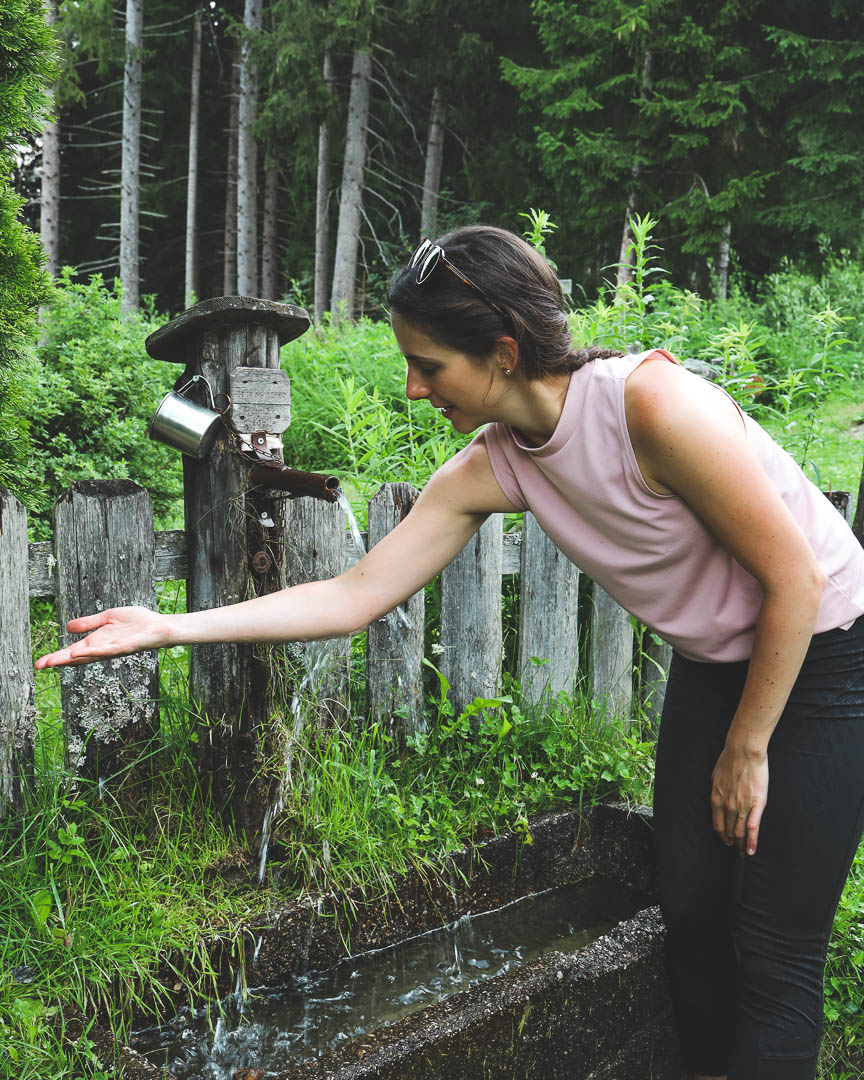
WHICH ALPINE HERB HELPS AGAINST WHAT?
One could fill books with the effects and uses of the numerous alpine herbs. This is just a small overview of the medicinal herbs and plants we discovered during our herb hike in South Tyrol:
| Medicinal herb | Effect | Application |
| Rowan berries | Expands the volume of the lungs | Dried, in powder form |
| Fruits of the lime tree | Expectorant, good for coughs | Dried, as tea |
| Light green tips of larch | Anti-inflammatory, refreshing | Eaten raw or as a tea |
| Plantain | Helps against itching | Grind and rub onto mosquito bites with your own saliva |
| Red clover | Against menstrual cramps | Dried, as a tea |
| Wild thyme | Against cough, expectorant | Dried, as tea |
| Yarrow | Very good for gastrointestinal complaints, antispasmodic | Dried, as tea |
| Barberry | Vitamin C-bomb | Dry and use in muesli |
| Nettle | Diuretic, analgesic and anti-inflammatory | Dried, as a tea |
| Juniper | Cleansing, good for the kidneys | As a cure with 3-15 raw berries per day. |
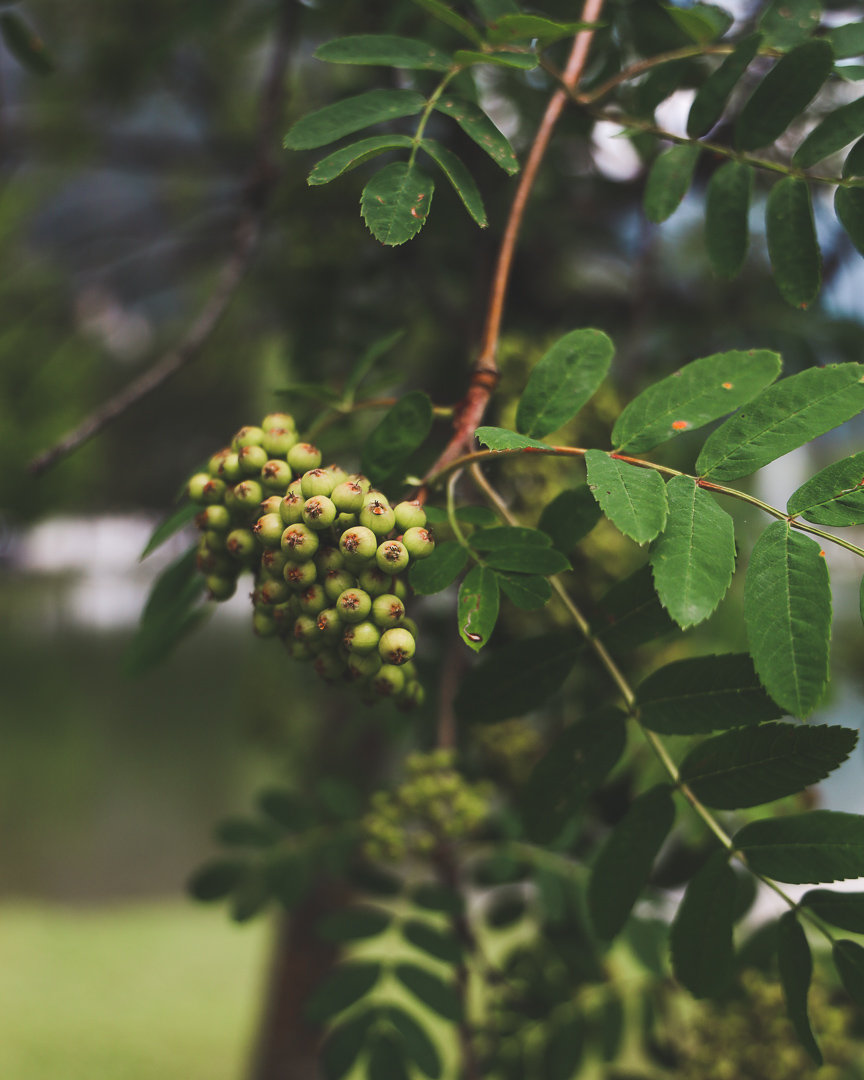
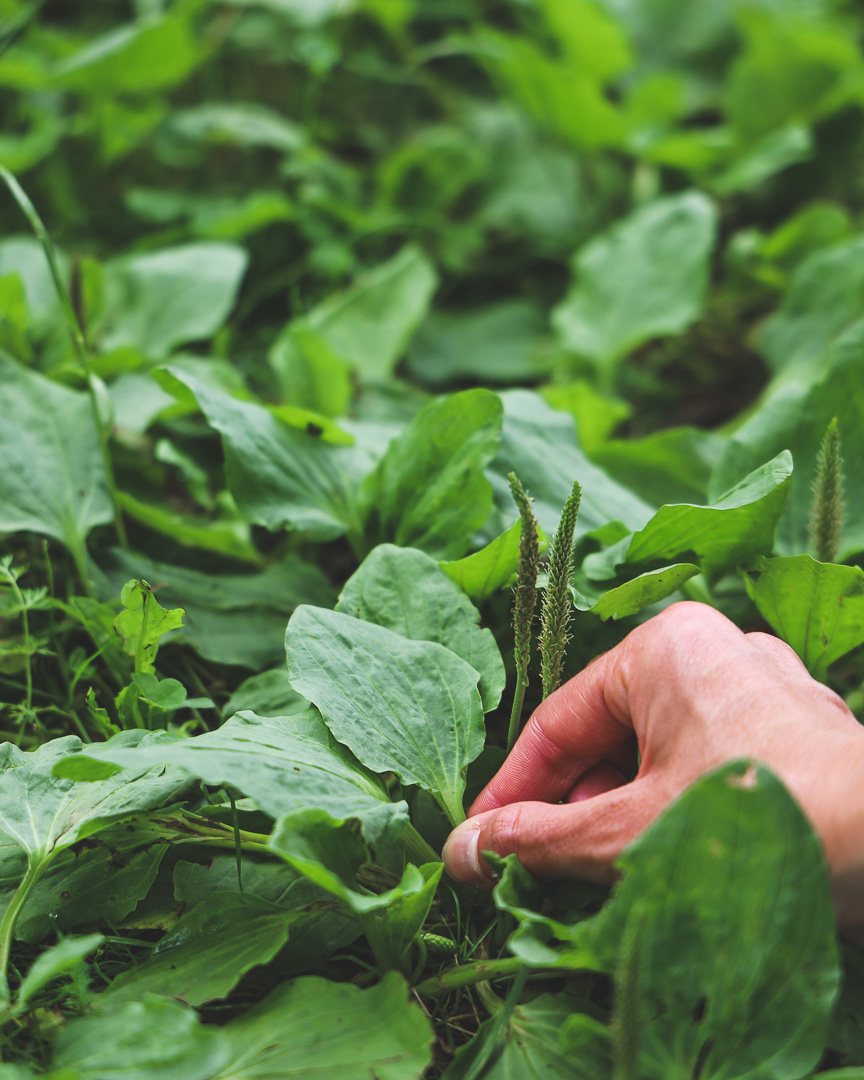
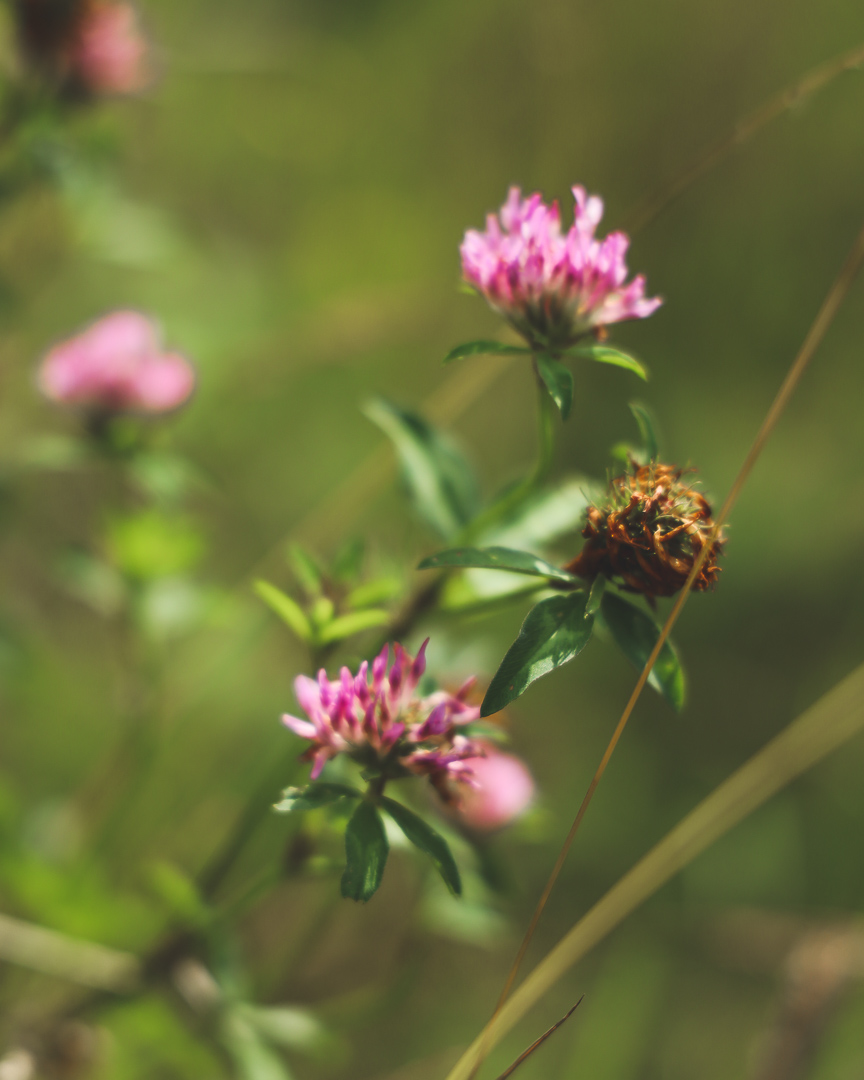
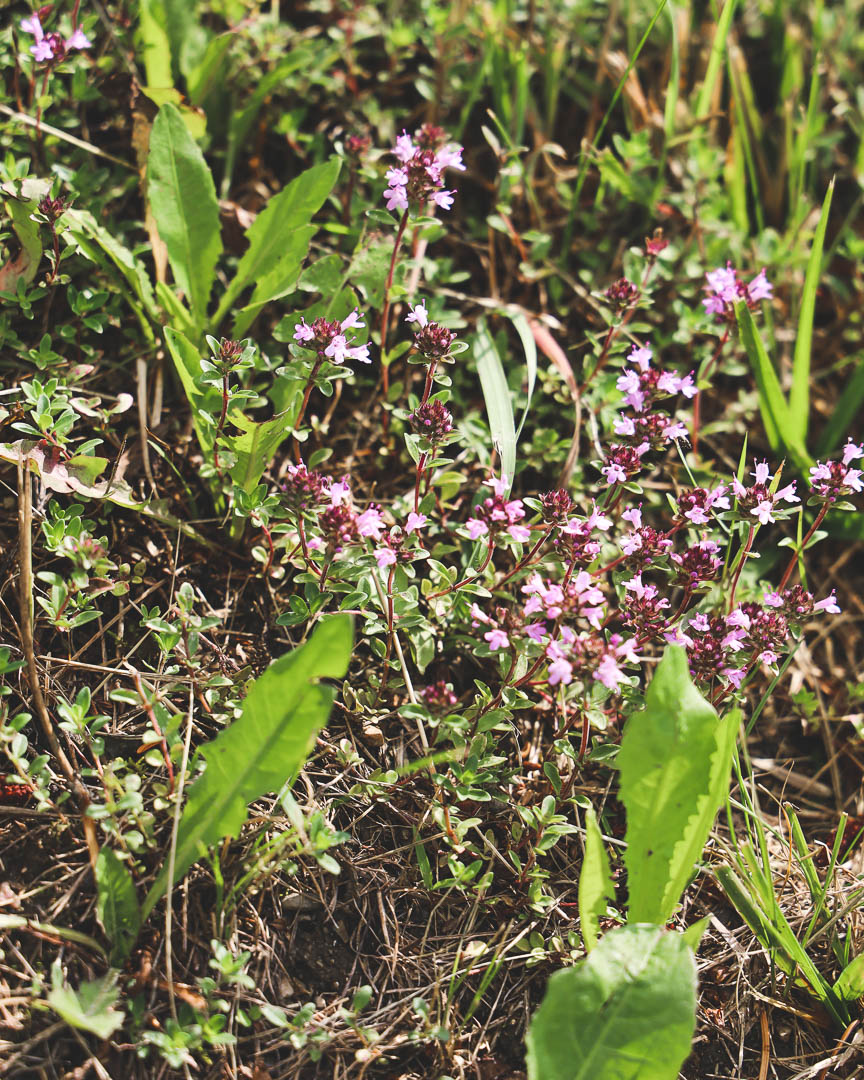
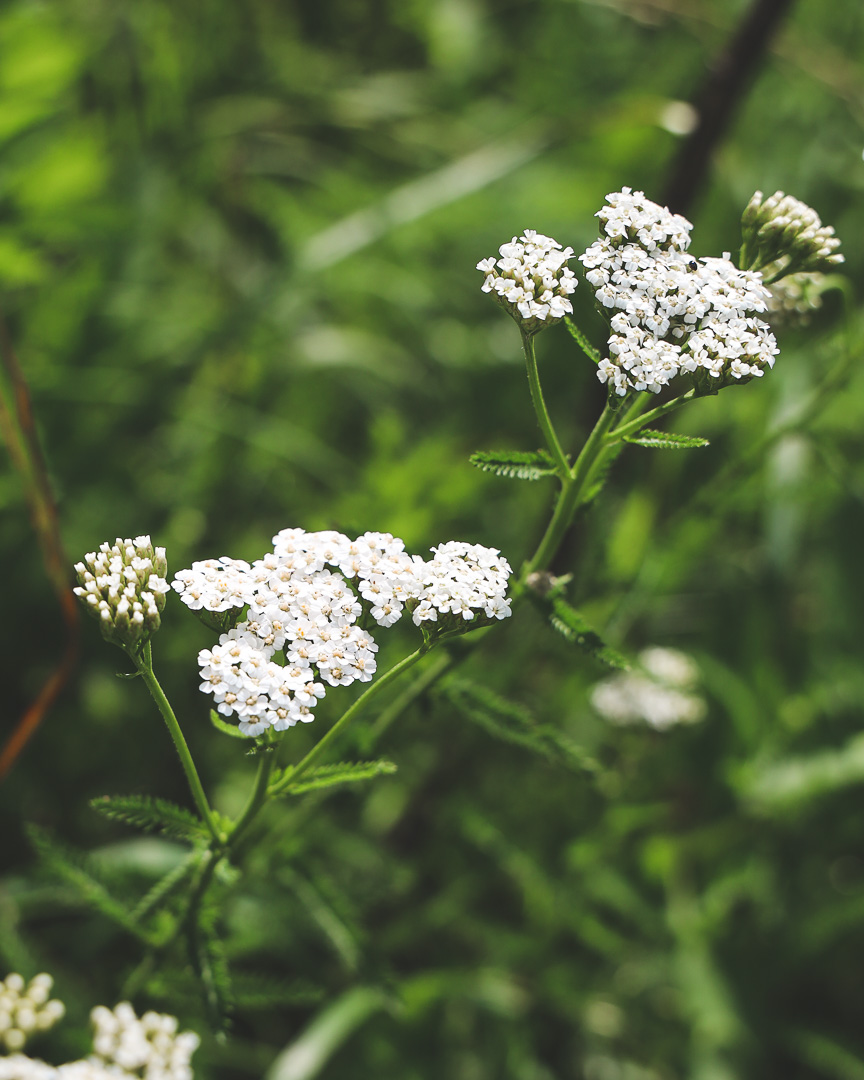
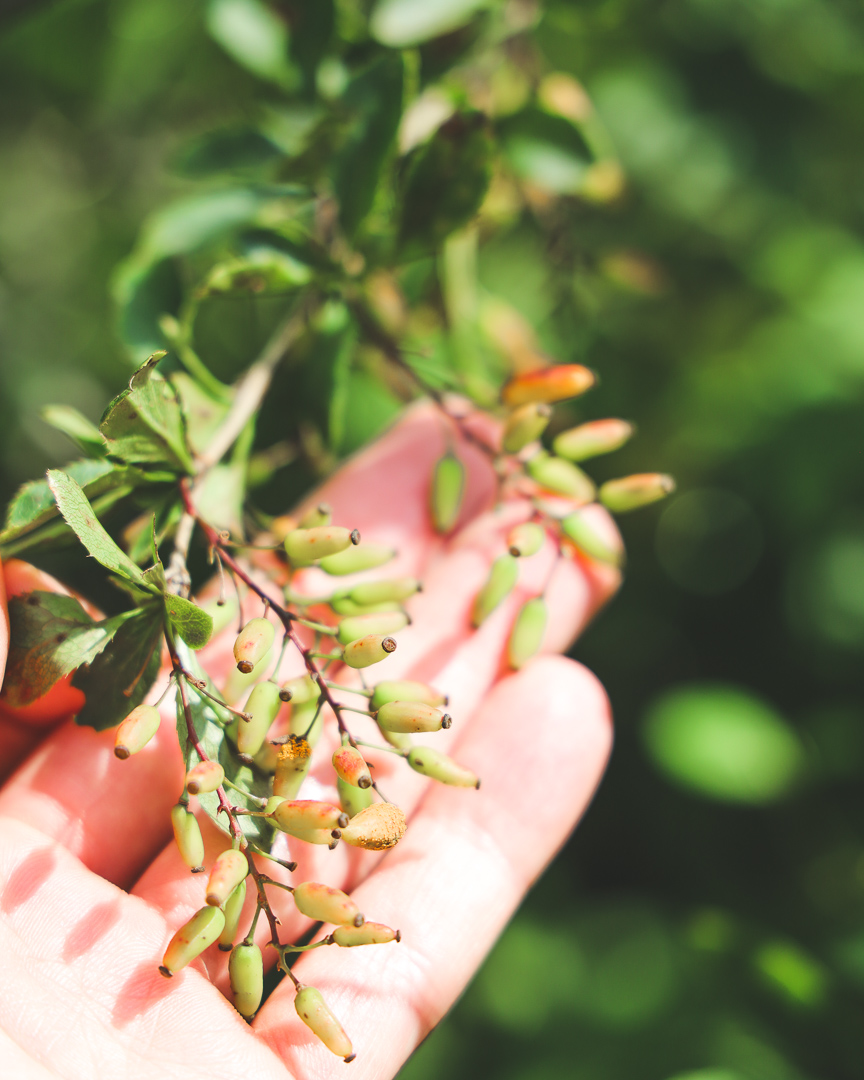
HEALTH CARE & PREVENTION
Preventing an illness is much easier than curing it, so we should all pay much more attention to the health of our bodies. Kneipp’s quote fits this very well again: “Whoever does not spend a little time every day on his health will one day have to sacrifice a lot of time for illness”.
In addition to medicinal herbs, very simple tips can often also contribute to the care of our health, such as:
- Enough air, light and sunshine in our own four walls.
- A healthy diet
- Kneipp treatments
- A walk in the woods
- Healthy sunbathing (sun rays on the skin are important for the body’s own vitamin D production and for nerve, blood and lymph vessels)
- Hiking or walking for at least 30 minutes a day is best
- Holidays (allowing yourself time off helps your self-healing powers)
- Healthy sleep
WHAT WE CAN LEARN FROM SEBASTIAN A. KNEIPP
During the herb walk, Antonella, the herb fairy, also told us a few things about Sebastian A. Kneipp. The former priest is not only considered the inventor of water treatments. After he experienced the healing effect of alternating baths on his own body and was able to cure his tuberculosis disease with it in 1849, he began to develop a holistic health concept. The following 5 Kneipp elements should help to keep body, mind and soul healthy: WATER – HERBS – EXERCISE – NUTRITION – LIFE ORDER.
“If you harmonise these 5 elements, you prevent illness and you can also activate your self-healing powers,” Antonella explained. In the end, during a herbal walk, you not only collect medicinal plants, but also quite a lot of knowledge that you can easily integrate into your everyday life. We will definitely keep Antonella’s tips and one or two medicinal herbs in mind so that we can go in search of the local superfoods ourselves on our next walk.
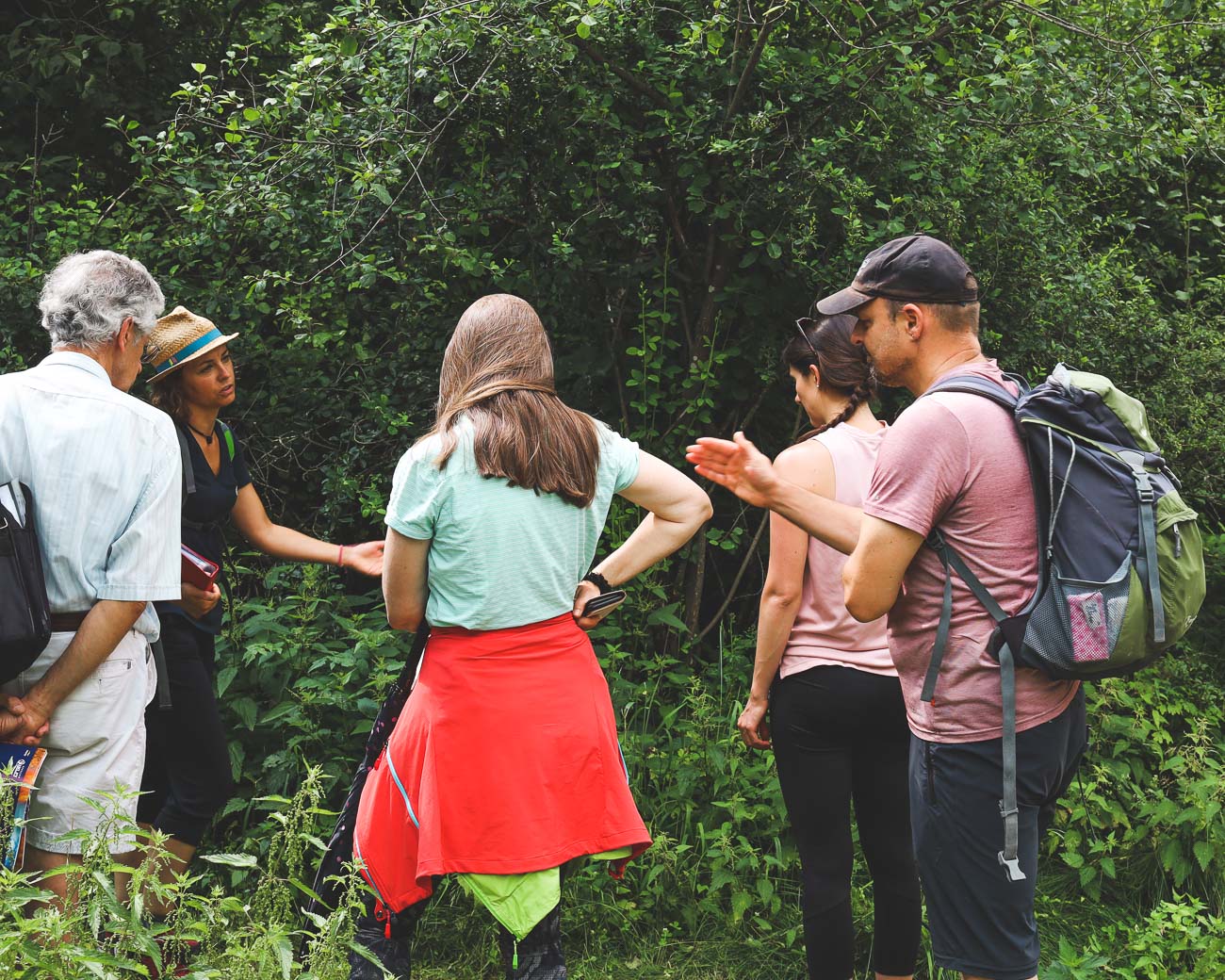
PS: Herb walks are also offered at the newly renovated Adults-Only Falkensteiner Genuss & Wohlfühlhotel Mühlviertel. Just ask at reception – we look forward to seeing you!

